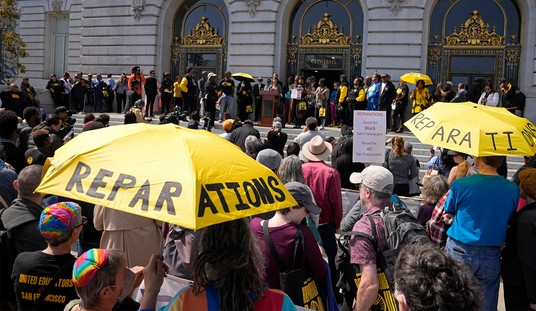One of the more difficult and pernicious features of discrimination cases is that there often doesn’t have to be an obvious malicious or harmful intent to rule that discrimination took place. Where intentional discrimination is a problem that requires accountability, accidental discrimination shouldn’t lead to a judgment or conviction. However, for a long time, courts have been able to hold entities to account for unintentional discrimination.
The reason for this is the legal theory of “disparate impact.” Ballotpedia defines the theory this way (emphasis in the original):
Disparate impact is a legal theory of discrimination liability that holds employers, housing authorities, and other entities accountable for practices that have discriminatory effects on groups protected under anti-discrimination laws, even when there is no intent to discriminate. This differs from disparate treatment, in which the discrimination is overt and intentional.
What was supposed to correct longstanding wrongs became ripe for abuse or misinterpretation, and it made a mockery of the fairness that was supposed to be a hallmark of the American experiment. But President Donald Trump signed an executive order this week that seeks to eliminate disparate-impact liability in U.S. anti-discrimination laws.
.@POTUS signs an executive order eliminating the use of the woke so-called "disparate-impact liability" to ensure equal treatment under the law. pic.twitter.com/rFJw0LYsrW
— Rapid Response 47 (@RapidResponse47) April 23, 2025
“A bedrock principle of the United States is that all citizens are treated equally under the law,” the order begins. “This principle guarantees equality of opportunity, not equal outcomes. It promises that people are treated as individuals, not components of a particular race or group. It encourages meritocracy and a colorblind society, not race- or sex-based favoritism. Adherence to this principle is essential to creating opportunity, encouraging achievement, and sustaining the American Dream.”
Recommended: Leftists Got Nasty With the UGA College Republicans, but the Group Vows to Fight Back
The order goes on to explain the ways that disparate-impact liability affects businesses across the country:
On a practical level, disparate-impact liability has hindered businesses from making hiring and other employment decisions based on merit and skill, their needs, or the needs of their customers because of the specter that such a process might lead to disparate outcomes, and thus disparate-impact lawsuits. This has made it difficult, and in some cases impossible, for employers to use bona fide job-oriented evaluations when recruiting, which prevents job seekers from being paired with jobs to which their skills are most suited — in other words, it deprives them of opportunities for success. Because of disparate-impact liability, employers cannot act in the best interests of the job applicant, the employer, and the American public. Disparate-impact liability imperils the effectiveness of civil rights laws by mandating, rather than proscribing, discrimination.
The order undoes older executive orders from 1966, 1973, and 1980 and tasks agency heads and others responsible for enforcing anti-discrimination laws to “evaluate all pending proceedings that rely on theories of disparate-impact liability and take appropriate action with respect to such matters consistent with the policy of this order” within 45 days. It also asks departments and agencies to “deprioritize enforcement” of provisions of laws that rely on disparate-impact theory.
Of course, a left-wing activist judge will probably try to “speak truth to power” and put the kibosh on this executive order, but if it goes into effect, it stands to take the burden off business owners, who have to constantly look over their shoulders to make sure they’re not inadvertently discriminating against anyone. The order doesn’t touch state or local disparate-impact liability statutes, but lessening the federal burden would be welcome.
“Congress has the authority to amend any federal statutes to specifically address a disparate impact theory of liability, and the courts will continue to have the ultimate say on whether and to what extent such a theory is cognizable under particular statutes,” writes attorney Allan Bloom.
It would be nice for Congress to codify a law that puts the brakes on disparate-impact liability, and maybe it will. But in the meantime, it’s nice to see the Trump administration leveling the playing field for American businesses and employees. Patriots voted for a president who would take on the wokeness that has overtaken this nation, and this is one more step that President Trump is taking to do just that.










